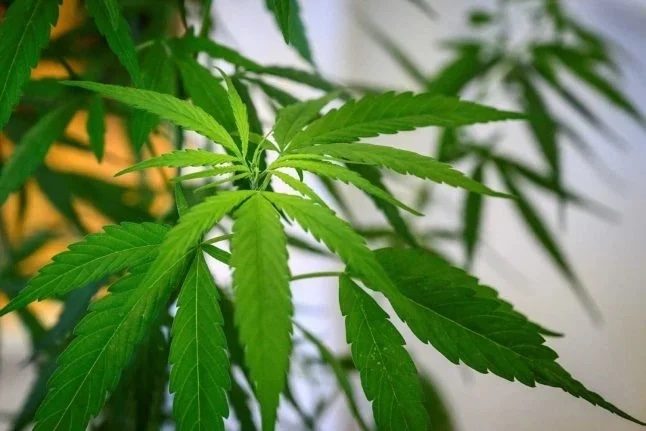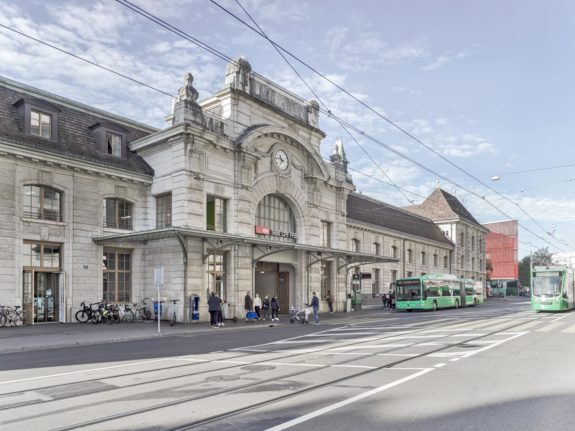Although Switzerland has a liberal policy regarding heroin distribution, use of marijuana is still illegal.
READ MORE: Cannabis: What are the rules in Switzerland?
However, this may soon change — a parliamentary commission ruled in October 2021 that the drug should no longer be banned, and the first pilot trial focusing on recreational use of marijuana will begin this summer in Basel.
This joint project of the University of Basel, the University Psychiatric Clinics and the Department of Health of the Canton of Basel-City aims to test the sale of cannabis in pharmacies, under “strict conditions and …scientific support. The aim is to obtain useful lessons for defining future cannabis legislation”, health authorities said.
But if you are a Basel resident and think you will be able to just go to a pharmacy and ask for a hit, your high hopes will be dashed.
That’s because the aforementioned “strict conditions” mean the cannabis will be heavily restricted.
For instance, it can only include 400 pre-selected adult volunteers “with previous experience of cannabis” and whose state of health will have to be constantly monitored.
In addition, cannabis products must meet high quality requirements and come from Swiss organic crops.
READ MORE: Switzerland to legalise recreational and medical cannabis usage
This is what we know about the Basel study so far
According to a report in Swiss news outlet Blick, cannabis will be sourced from the “research campus” of the Pure Holding AG in Zeiningen, Aargau, where more than 8,000 different varieties of cannabis are currently growing.
The site “will become the exclusive supplier of the first cannabis distribution pilot project in Basel-City”, Blick said.
“We have spent the last two years preparing for this pilot project. Since then, we have been able to test which specific variety of THC is best suited to Basel,” said Lino Cereghetti, a biologist at Pure Holding.
In all, four kinds of flowers and two varieties of hashish will be available to the volunteers through 10 selected Basel pharmacies. Some of the products contain more THC — the active substance primarily responsible for the feeling of ‘high’ — while others contain less.
Interestingly, prices will match the local black market, which “represents between 8 and 12 francs per gramme, depending on the product and the THC content”, Cereghetti said.
“With these trials, we want to provide insight into what a functioning [cannabis] regulation might look like”, he added.
And according to Lavinia Flückiger, the study’s co-director, “Our goal is to find out how a regulated distribution of cannabis affects people’s consumption behaviour and physical and mental health.”
If you are concerned that the grass is greener in Basel, don’t fret: other similar projects will take place in other Swiss cities at a later date.
What about medical marijuana?
Medicines containing cannabis must be licensed, according to a government site.
In Switzerland, only one product, Sativex, is currently approved for use, and “doctors are allowed to prescribe it in certain cases of multiple sclerosis. It contains THC, but also a substance that inhibits its intoxicating effect”.
The Federal Office of Public Health (FOPH) may also grant exceptional approval for the prescription of cannabis-based medicinal products in response to an application from a doctor in a specific case.
However, an amendment to the Narcotic Drugs Act proposed by the Federal Council was widely approved in October, which paves the way for Swiss doctors to prescribe cannabis in the future to help their patients relieve the pain of cancer, multiple sclerosis, and other serious illnesses, as is currently the case in many other European nations.
READ MORE: Medical cannabis could soon be legal in Switzerland



 Please whitelist us to continue reading.
Please whitelist us to continue reading.
Member comments